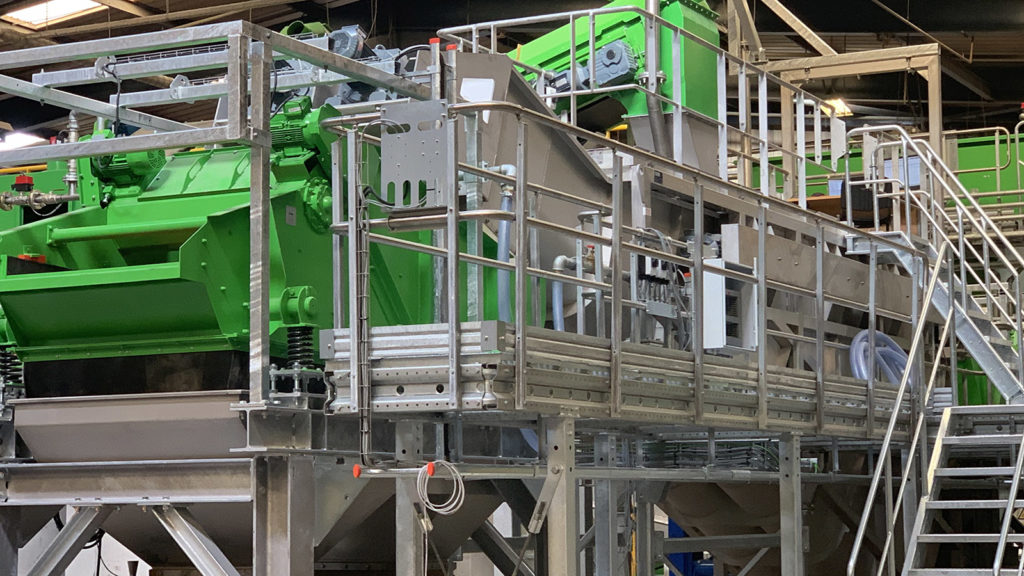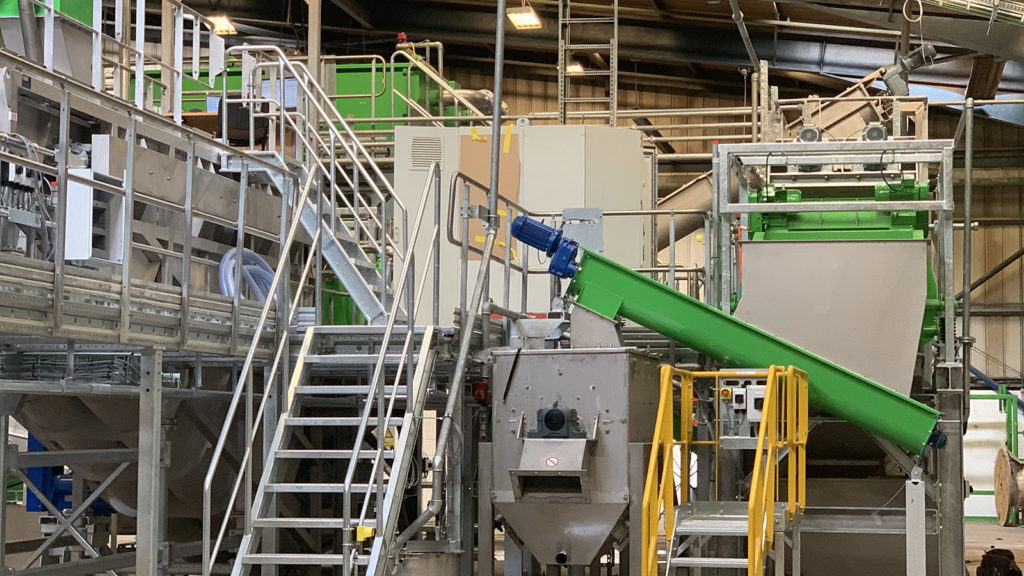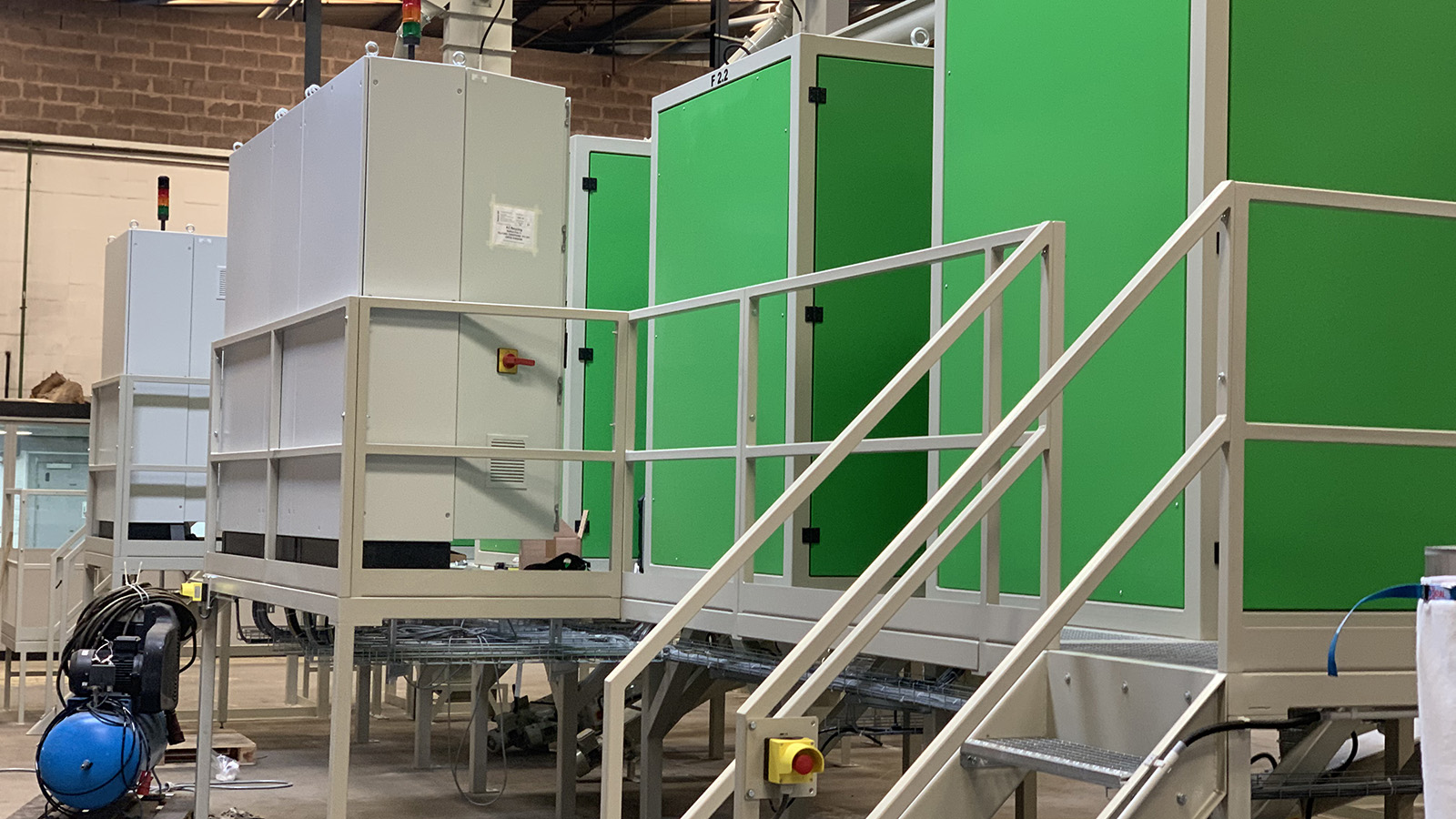Ever wondered what happens to your old fridge?
Over four million tons of E-waste is collected in the EU and UK annually, of which more than 500,000 tons is recyclable PP, PE, ABS, PS and PP20. Currently, most of those plastics are not being recovered. This is a tremendous waste of potential resources, not to mention the environmental impact to the planet.
By law since 2002, old fridges must be disposed of by an approved contractor due to the greenhouse gases they contain. But, where do our unwanted fridges end up?
If you have disposed of an old fridge in the past few years, then it may well have ended up in the AO Recycling Plant in Telford, the largest in the UK.
This one plant can process up to 700,000 unwanted fridges every year, which is almost a quarter of the UK’s total.
Appliances taken to the plant are first assessed to see if they could be repaired and resold. If not, they are put through a process which sees the pollutants captured and then the remaining fridge carcass reduced to shreds of plastic and metal. Specialised machines can then separate these materials.
The majority of new fridges are manufactured from virgin polymer, derived from non recycled polymers. Virgin polymers may not be good for the environment, but they are a tried and tested way of getting high quality plastic.
Founder and CEO of AO.com, John Roberts, says, “The holy grail is to add the material recovered from the old fridges back into the supply chain once again, to make new fridges.”

How can this environmental problem be managed?
In June 2017 Allcontrols subsequently embarked on a major project with AO Recycling to find an innovative, technological solution for the recovery and separation of the main polymer streams from recycled fridges for future re-use.
The developed process consisted of four main stages:
- The first incorporated the use of sink-float processes (Ad Rem) for the separation of PP/PE and ABS/PS/PP20 from the other WEEE polymers in accordance with their densities.
- The second stage involved size reduction of ABS/PS/PP20.
- The third stage utilised colour sorting (SEA Chromex) for the separation into white and jazz polymer streams.
- The final stage uses electrostatic separation (hamos EKS) to sort into individual fractions into high purity ABS, PS and PP20 polymers.

The experts at work
Following many discussions, AO Recycling decided to invest in such a plant. The installation commenced in June 2019, taking 4 months to complete. In October 2019, AO Recycling commenced processing 4 tons per hour of fridge plastics, generating high quality recycled polymers. This investment has also created additional new jobs in Telford, which could reach 100 employees at full capacity.
Managing director of AO Recycling, Robert Sant, said of the new plant: “The investment was the next natural step in our recycling journey to create a closed-loop process. One of the big hurdles in reuse is producing plastic that can be used effectively again in other products. Therefore, we have created a plant that can clean and refine to the highest possible standards.”
“The aim of our recycling process has always been to get the most out of the old white goods we collect so our customers know that when they are giving us their old fridges, they are doing the best they possibly can for the environment.”
Speaking on the completion of the plant, Phil Mutsaerts, Director of Allcontrols Ltd stated “Although the project brought many challenges, we worked collaboratively with AO Recycling to deliver the plant on time. We can be very proud with the innovative and technological system installed and are very happy with the outcome.”

Sources


